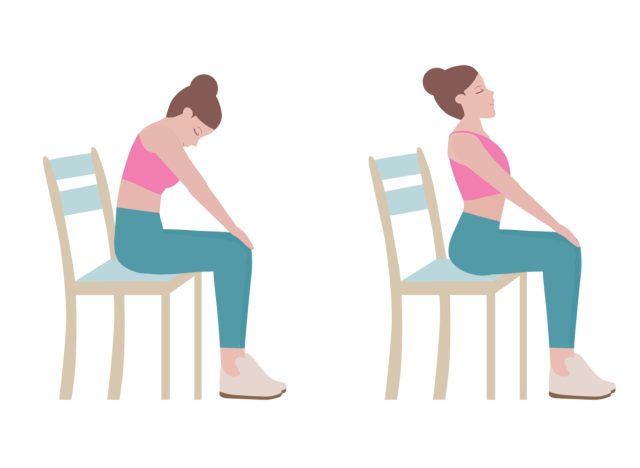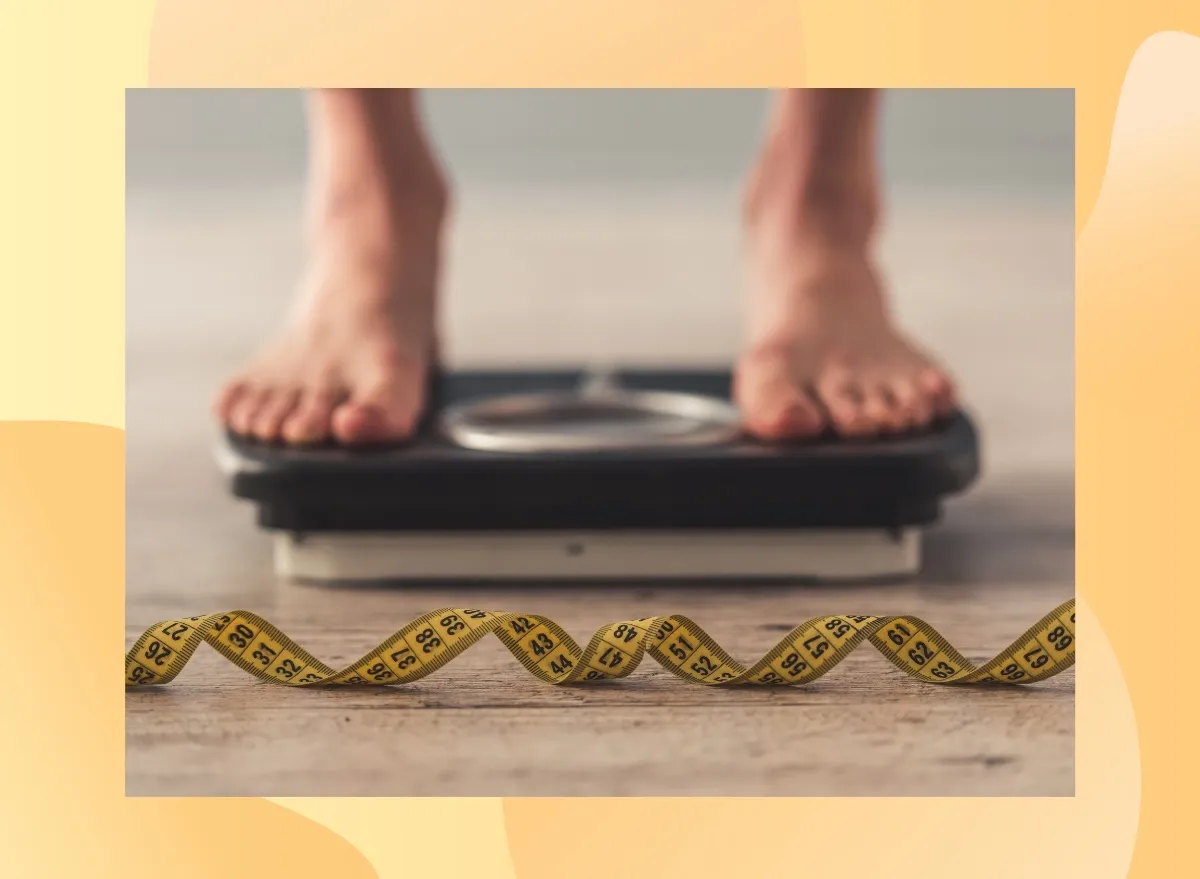
The researchers in CCOR study sleep because it affects whether children develop obesity. Sleep also affects a child’s capacity for emotional regulation and cognitive development. What is more, research shows that sleep deprived parents are more likely to develop depression and be involved in traffic accidents.
Responsive Parenting
The INSIGHT study — an acronym for intervention nurses start infants growing on healthy trajectories — began in 2012 with CCOR researchers training 279 mothers of first-born infants in responsive parenting practices. Responsive parenting involves responding to children in a timely, sensitive, and age-appropriate manner, based on the child’s presenting needs.
Advertisement
In INSIGHT, the mothers were taught how to respond to infant behavior states like fussiness, alertness (feeding and interactive play), drowsiness, and sleeping. The training included several specific recommendations about bedtime routines and responding to nighttime waking.
Children in the INSIGHT intervention group slept longer each night and were more likely to soothe themselves to sleep than children in the control group. Significantly, these children also had lower body mass indices (BMIs) for the first three years of their lives.
Understanding ‘Spillover’ Effects
As the INSIGHT study progressed, it led the investigators to explore whether the training also affected children who were later born into INSIGHT families.
“Many parents say things like, ‘Oh, I did everything right with my first child, and then I had no time for the others,'” explained Emily Hohman, assistant research professor in CCOR. “So, in order to understand whether the effects of INSIGHT spill over to other siblings, we launched a new study where we do not provide any training or intervention for parents or children. We just track information about second-born children in families where mothers received the INSIGHT training for their first-born.”
Hohman led a team of researchers who examined data from 117 mothers from the original INSIGHT study who were having a second child, about half of whom had received the responsive parenting training with their firstborn child. The team used a brief questionnaire to assess second-born children’s sleep behavior and duration when the children were three, 16, and 52 weeks old.
In a recent publication in the journal Pediatrics, the researchers demonstrated that second-born children in INSIGHT families slept an average of 40 minutes longer per night than second-born children in the control group. The second-born INSIGHT children also slept more than 50 minutes longer per 24-hour period, had earlier bedtimes in early life, and were more likely to fall asleep in under 15 minutes.
This is not the first study that has shown that the effects of INSIGHT spilled over to second-born children. Other studies have demonstrated that second-born children in INSIGHT families have lower body-mass indices (BMIs) as infants than children in the control group. Additionally, parental feeding practices and infants’ dietary intake were healthier than those of children from control group families.
How Parents can Promote Better Sleep for their Infants (and Themselves)
The INSIGHT study trained mothers, but responsive parenting skills are useful for anyone who provides care to children. At bedtime, responsive parenting involves establishing healthy routines, responding to children according to their development and needs, and teaching children to soothe themselves as much as possible.
For parents who do not know anything about responsive parenting, Hohman recommends starting by establishing a bedtime. “People sometimes think that if they keep their babies awake with them later at night, then the baby will sleep later. But the research shows that early establishment of a bedtime between seven and eight o’clock will help babies sleep longer,” said Hohman.
READ RELATED: Diabetes: The golden drink that lowers blood sugar – drink 'immediately' after eating
Once a regular bedtime is established, research indicates that consistent bedtime routines also promote longer sleep. The routine should be soothing and include things like baths and reading, while avoiding overly stimulating activities like rowdy play. The routine will help the child prepare for sleep. Additionally, infants who are not yet rolling over can be swaddled to increase their sense of calm.
To help children learn to soothe themselves to sleep, parents are encouraged to put their children to bed while they are drowsy but still awake. Self-soothing is a valuable skill, and the sooner children learn it, the better they and their parents will sleep.
Nighttime waking is inevitable; newborns and infants wake throughout the night for many reasons, including hunger. This does not mean that feeding should always be a parent’s first response when their baby wakes. Hohman and her colleagues encourage parents to use “lighter touch” soothing methods like offering the baby a pacifier, words of reassurance, and gentle touches. More engaged soothing, like holding, rocking and feeding, should only be used if the baby remains distressed or shows signs of hunger.
“No one likes to hear their baby cry, and everyone wants to get back to sleep as soon as possible,” said Hohman. “But a baby can only learn to soothe themselves when they are not being soothed by someone else. During the daytime, parents should feel free to use more active soothing strategies like holding or rocking, but these should be used more judiciously at nighttime in order to promote better sleep.”
Helping Families Everywhere
The study results indicate that intervening with first-time parents could be an efficient way to help multiple children in a family.
“Our outcomes suggest that pediatricians may have a new tool to help promote better infant sleeping and prevent unhealthy infant weight gain,” Hohman said.
“Pediatricians typically have a lot of visits with new families. If those clinicians help new parents build responsive parenting skills, the benefits could extend to the parents, their newborns, and any potential future children in those families.”
Source: Eurekalert
Source:








